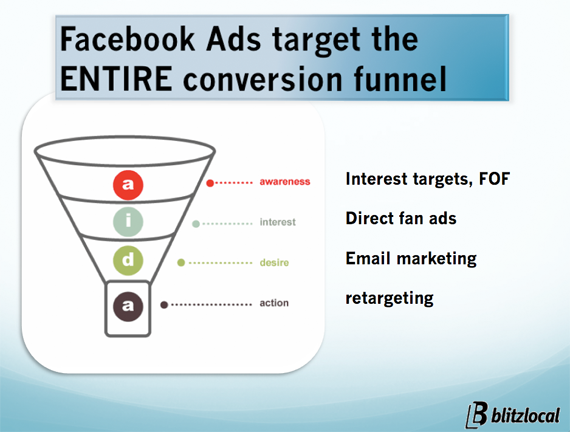Do Facebook ads actually work?
In both cases, the focus is purely on the ads that drive users to a Facebook Page, without detailing what the user was ideally supposed to do once they had arrived there. In the case of GM, to assume that a user would click an advert with an inciting offer, then be lead to the GM Facebook Page or a generic landing page and from there somehow consider purchasing a car seems ridiculous. Without a strategy or a thought-out user journey to bring the user to the point of purchase or a even to a consideration point, say a data capture mechanism, it’s clear that the advertising campaign will not deliver any meaningful results.
It’s becoming clear that a PPC spend on a social network like Facebook needs to be aligned with the social media strategy and a process that will lead the person (who has taken the time to click your advert) to a place where they are rewarded for that action, feel it is worthwhile and led to a place where they can carry out a transaction of some kind. For this process to work well, a careful balance needs to consider the target demographic, the ad messaging and creative, the destination and possible creative build (e.g. Facebook Landing tab) and the final action (the end of the journey) e.g. sign up, click through, purchase.
If the quality of the profiles are low, the demographics need to be changed, or ‘friends of fans’ can be targeted, if sign up is low the landing page might need to be tested or the copy or promotion may not be inciting enough.



